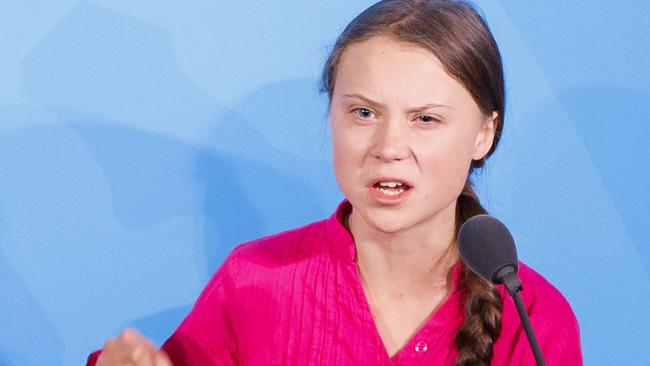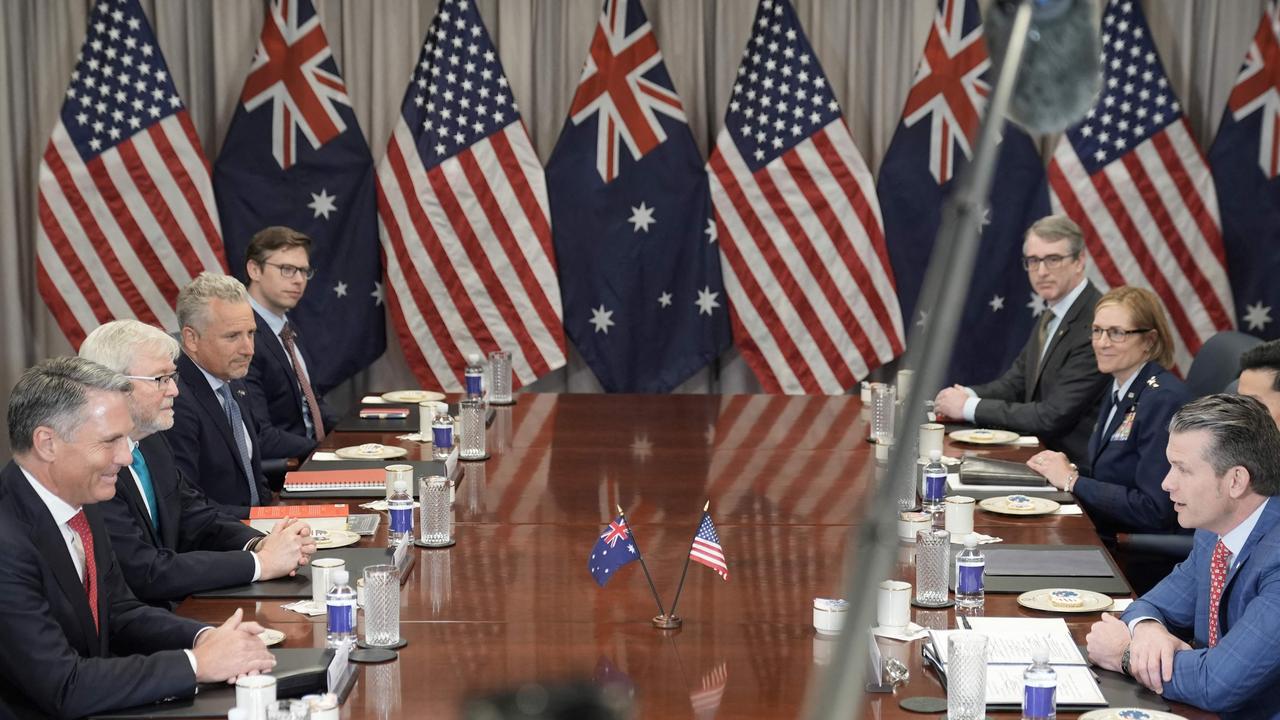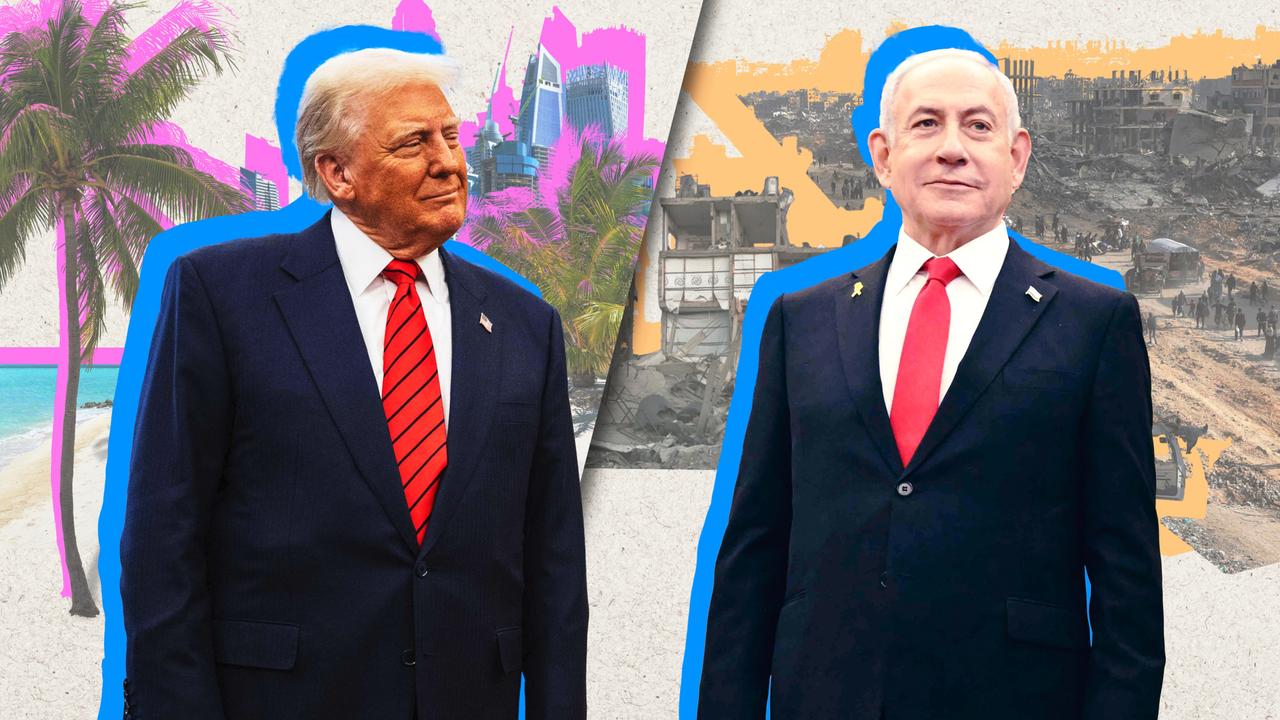Morrison attacks climate ‘exploitation’ of kids
Scott Morrison has lashed out out ‘faceless’ activists who are manipulating children’s fears about climate change.

Scott Morrison has lashed out at “faceless exploitation” of the anxieties of children and teenagers in his UN address two days after 16-year-old Swedish climate change campaigner Greta Thunberg accused world leaders of stealing her dreams and childhood.
In his first address to the UN general assembly, which concentrated on the environment, the Prime Minister said that in the debate about climate change it was important not to increase the anxiety of children and teenagers about their future.
“Our children have a right not just to their future but to their optimism,” Mr Morrison said in New York on Wednesday.
“Above all, we should let our kids be kids, teenagers be teenagers, while we work positively together to deliver practical solutions for them and their future,” he said.
On Monday, Ms Thunberg, who has become a symbol of the global school strikes urging action on climate change, told a UN climate change summit that her future had been stolen, the world was facing mass extinctions and people were dying.
Her appearance caused controversy, with critics saying she was distressed and US President Donald Trump tweeting she was a young girl “looking forward to a bright and wonderful future”.
Mr Morrison told the UN he received many letters from children concerned about their future and he took their concerns seriously and deeply respected their passion when it came to the environment.
But he said “my impulse is always to respond positively and to encourage them. To provide context, perspective and hope”.
“We must respect and harness the passion and aspiration of our younger generations rather than allow others to compound or, worse, exploit their anxiety for their own agendas,” he said.
Mr Morrison cited his own experience as a father of 10- and 12-year-old girls who discussed climate change and fossil fuels. He said he wanted his daughters to develop passionate and independent views on climate change but also wanted to ensure they had a context and perspective.



